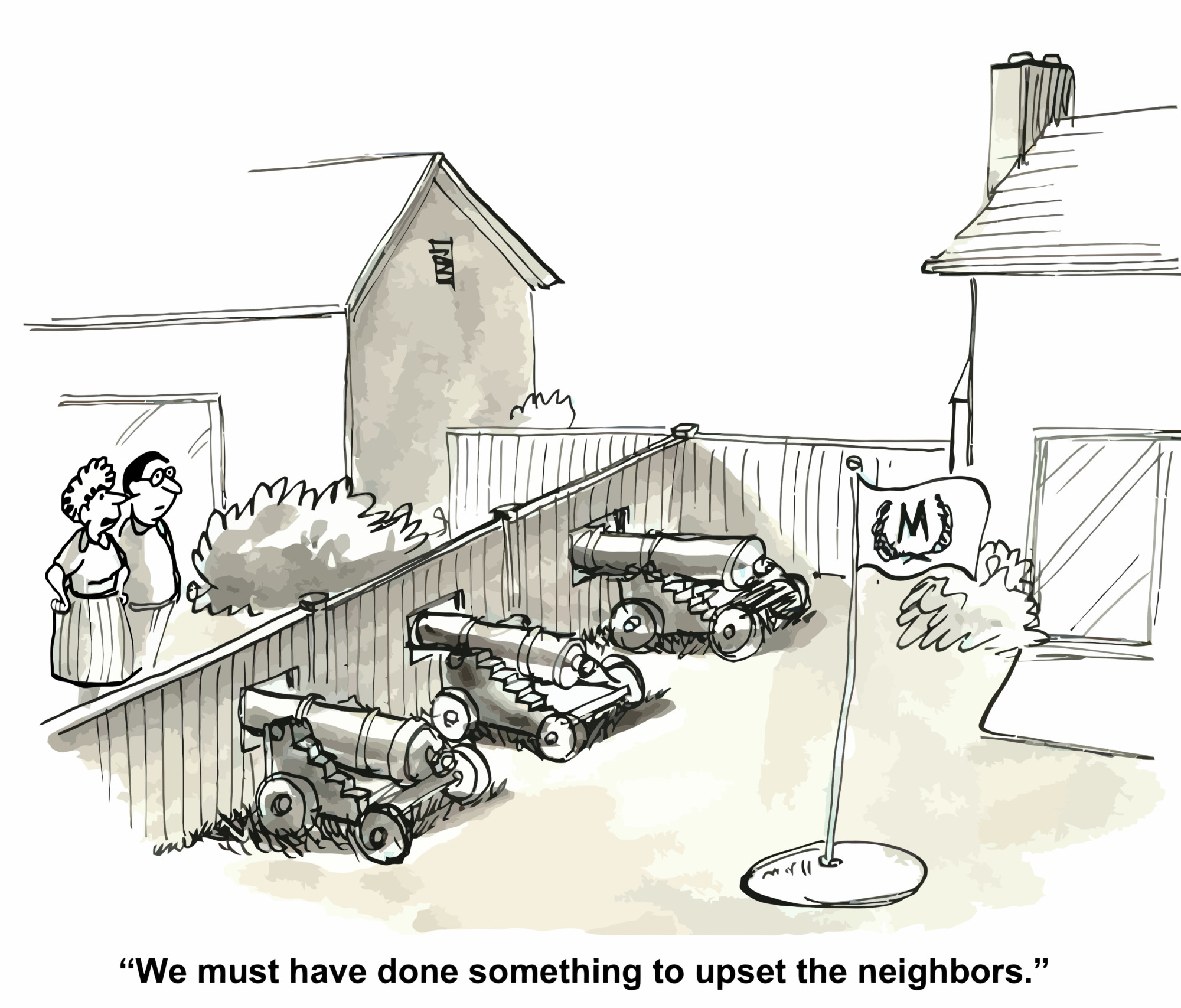Table of Contents Show
Co-ops present many difficulties for buyers, such as the dreaded board interview and the board rules of what you can and can’t do once you move in. So it’s no surprise that most buyers prefer condos, even if they do cost more. But that said, there are some things a co-op board can do which a condo board can’t. Namely, evict an unruly resident. Due to something called the “Pullman Clause.” Are you a co-op owner and suffering from a neighbor that is making life unbearable? Read on to learn what you can do.
What is the Pullman Clause?What is the Pullman Clause?
Unlike other NYC properties, when you purchase a condo apartment, you don’t own it. Instead of a deed to the apartment, you sign a proprietary lease that creates a landlord-tenant relationship in the eyes of the law. The difference between this and a regular lease is that a resident can be kicked out for bad behavior after a vote of the board and your fellow co-op neighbors.
The power to do this comes from the 2002 case of 40 West 67th Street v. Pullman. Co-op resident David Pullman waged war against a couple living above him. The court ruled that he was infringing on a neighbor’s right to enjoy their home quietly. This lead to the termination of his lease and forceful eviction. The case is commonly cited and carries persuasive authority. However, to “Pulmanize” an unruly neighbor, a process must be followed if you want the best chance of success.
Check that your proprietary lease has a Pullman Clause.Check that your proprietary lease has a Pullman Clause.
Nowadays, most proprietary leases have a Pullman clause, usually located in the termination paragraph of the lease agreement. Therefore, before starting the eviction process, first, double-check that the lease has one.
Check whether all shareholders need to vote.Check whether all shareholders need to vote.
Depending on what your lease says, you will need either a vote of the shareholder or a majority of the board. A few co-ops require the vote of both. So again, check what your lease requires and the number of votes needed.
Serve notice to your neighbor.Serve notice to your neighbor.
The courts require that the unruly resident in question; served a notice. Therefore, it should be in writing and state that they break the rules while giving them enough time to reform. The wording in your lease will state how much time is enough time. Before proceeding any further, send written notice detailing your complaints and that failure to reform could lead to them being evicted. Also, inform your co-op board of the situation and that you have served the notice.
Review and organize the evidenceReview and organize the evidence
If things go to court, you and everyone else will have a much easier time if everything has been documented. Photographs, police records, recordings, and other proof of their misdeeds will show that the board isn’t motivated by a personal vendetta but is looking out for the best interests of the building.
Call a meetingCall a meeting
The co-ops by-laws will state how a Pullman action must proceed. Read through them to understand how a meeting must be called regular or; special and how much notice must be given. The purpose of the meeting must be; clearly stated, and it’s a good idea to have a stenographer present.
Pullman cases were thrown out if it can be demonstrated that the neighbor did not have enough time or opportunity to be heard. The neighbor and their attorney should be given enough time to speak, comment, and refute the charges. It’s been a good idea to have your attorney present if the neighbor brings one.
Serve a termination notice.Serve a termination notice.
The terms of the proprietary lease will state what rules must be followed; in serving the lease termination notice. The specific dates, times, locations, and nature of the incidents must be clearly stated. It should also say that the board and shareholders have voted in favor of termination and how they reached their conclusion.
Go to courtGo to court
The Pullman action cannot be enforced; without first going through the; “heightened vigilance” review by the court. If everything has been done right, the court will defer to the boards/shareholder’s decision and allow the unruly neighbor to be booted out. Most Pullman cases are decided on summary judgment, meaning you can win without going to trial.

